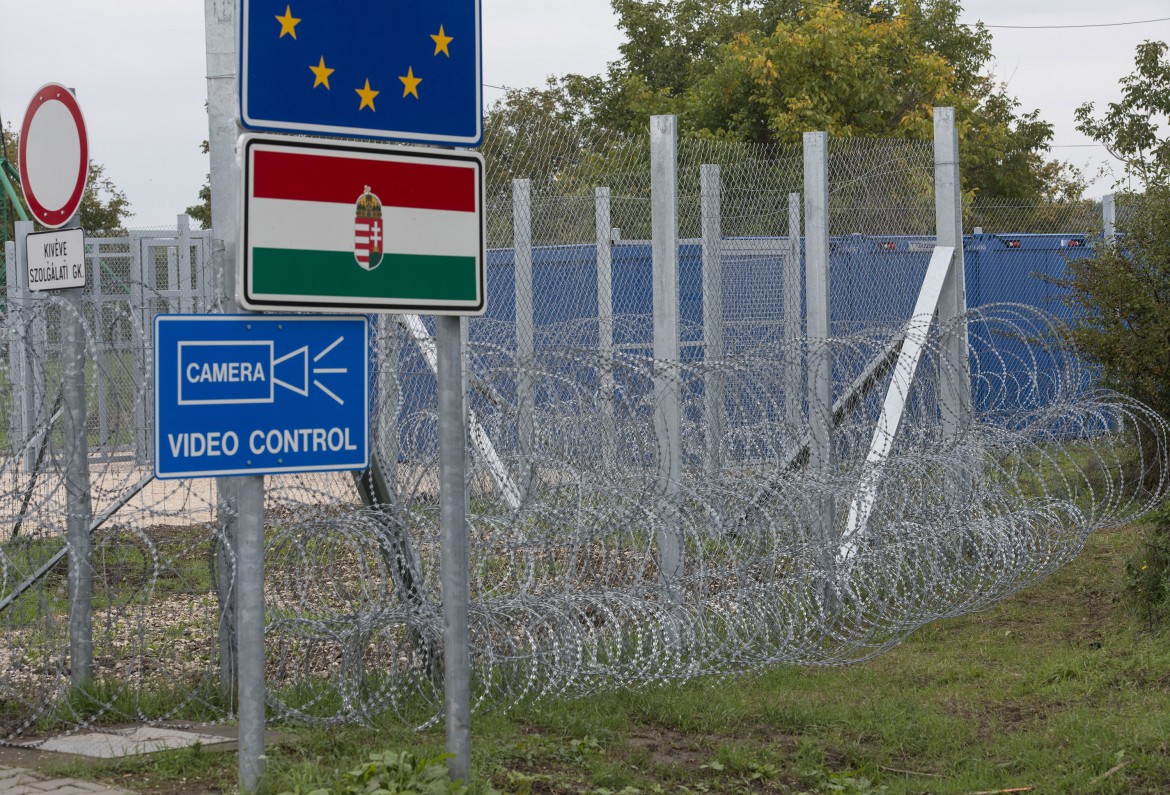Reportage
European Commission to call for tougher refugee rules
The European Commission is expected to recommend that member states adopt more stringent measures to prevent the movement of refugees and migrants.

The European Union is preparing to launch a new crackdown on migrants, according to reports circulated in advance of a meeting of European member states Wednesday. European Commission President Jean-Claude Juncker convened an extraordinary meeting Tuesday to discuss the new measures that will go before the states.
If the reports are confirmed, not only will governments be asked to deprive irregular migrants of liberty pending deportation, the recommendations will also seek strong constraints for so-called secondary movements of refugees, who would be obliged to remain in the country of first entry into Europe even after requesting asylum.
Not included in the recommendations, however, are any infringement procedures for countries that have refused to accept migrant quotas. Although there’s not been any official word yet, it seems likely the decision to do nothing has again prevailed.
So far as these are only recommendations, they’re nothing but guidelines for the member states. But Brussels’ agenda is obvious: The European Union wants to make it faster and easier to repatriate irregular migrants. The issue has been central to the elections beginning March 15, first in Holland, followed by France and Germany. With the new recommendations, the Commission makes clear it wants to amend a 2008 directive on repatriation that provided for detaining migrants only as last resort if they pose a flight risk, now broadening the grounds for detention.
It should be noted that some governments have already moved in that direction without waiting for Brussels. Among them is Italy. A decree from the justice and interior ministers that’s now before parliament would establish centers for repatriation where migrants can be held up to 135 days. The current maximum is 90 days.
And in Germany, the government recently proposed a law that would simplify deportations of those whose applications have been rejected. The bill calls for special centers where migrants can be held up to 10 days (it’s currently four days) and bracelet monitors for those who lie about their identity or commit crimes. It would also allow the authorities to inspect the contents of people’s mobile phones to ascertain their identities and countries of origin.
All of these measures arrive ahead of reforms to the Dublin Regulation, whose first drafts penalize Italy and Greece by insisting on preventing the secondary movements of refugees and unaccompanied minors. Despite this, the document still does not include sanctions against those countries that have ignored their obligations to accept migrants from Italy and Greece.
At an E.U. Commission meeting last week, officials reported that as of Feb. 20, Hungary still not not made arrangements to accommodate the 1,294 refugees it must receive by September. The situation is roughly the same for the other Visegrad countries: Poland has 100 resettlement spots out of the 6,182 in its quota but hasn’t welcomed anyone yet. Czech Republic has accepted 12 refugees from Greece to fill 50 available slots out of 2,679. And Slovakia has offered 40 spots out of 886, accepting 16 so far.
Originally published at https://ilmanifesto.it/detenere-i-migranti-da-rimpatriare/ on 2017-02-28
